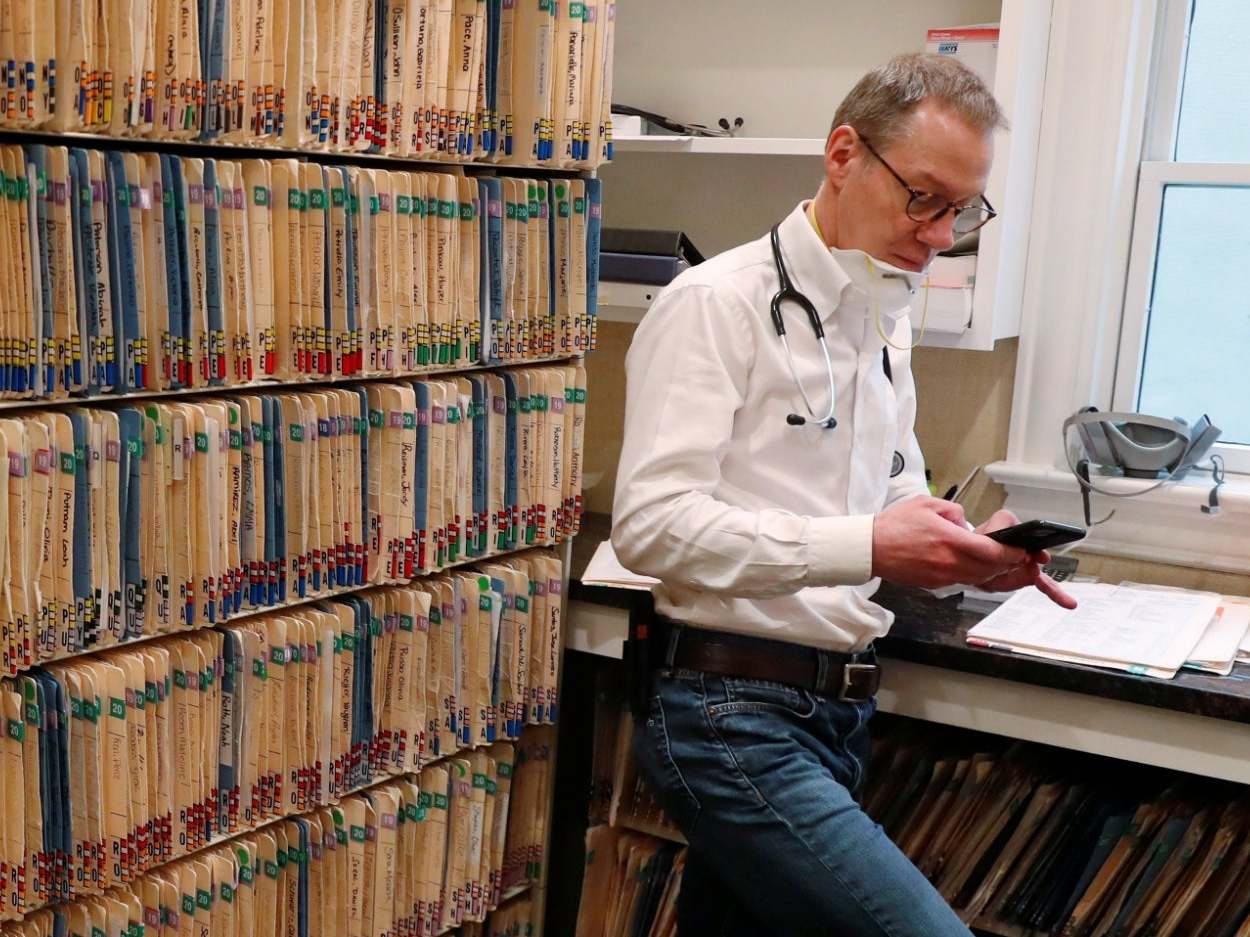Supercomputer researching coronavirus taken offline after ‘security incident’
Healthcare organisations and researchers have been warned that cyber criminals and nation states could launch cyber attacks

Your support helps us to tell the story
From reproductive rights to climate change to Big Tech, The Independent is on the ground when the story is developing. Whether it's investigating the financials of Elon Musk's pro-Trump PAC or producing our latest documentary, 'The A Word', which shines a light on the American women fighting for reproductive rights, we know how important it is to parse out the facts from the messaging.
At such a critical moment in US history, we need reporters on the ground. Your donation allows us to keep sending journalists to speak to both sides of the story.
The Independent is trusted by Americans across the entire political spectrum. And unlike many other quality news outlets, we choose not to lock Americans out of our reporting and analysis with paywalls. We believe quality journalism should be available to everyone, paid for by those who can afford it.
Your support makes all the difference.One of the UK's most powerful supercomputers has been taken offline after a "security incident".
The Archer computing network has not been working for days as its administrators look to understand what appears to have been a cyber attack.
The computer is being used to help study the new coronvirus and possible responses to the current crisis, leading to some suggestions that the attack could have been the result of someone looking to take research on the outbreak, and that it could have delayed ongoing studies.
In the midst of the coronavirus crisis, healthcare organisations and researchers have been warned that they could be at risk of cyber attacks from cyber criminals and hostile states.
“Our research sector is vital to tackling the pandemic, and the ability to run calculations on the UK HPC System of models and forecasts is crucial to leading us all safely out of lockdown," said shadow digital, science and technology minister Chi Onwurah. "We need urgent clarity on the causes of this breach and what impact it might have on ongoing research into the coronavirus and potential therapies”.
Archer is hosted by the University of Edinburgh one of the UK's most powerful supercomputers, and is in the top 500 supercomputers in the world. It was intended to be replaced earlier this year, but that move has been delayed as it is used by for important research on the pandemic.
In a statement, those on the team fixing the supercomputer suggested that Archer may have been hit along with other supercomputers in the UK and elsewhere.
"We now believe this to be a major issue across the academic community as several computers have been compromised in the UK and elsewhere in Europe," the team wrote in an update on the Archer status page.
The National Cyber Security Centre is also helping to understand the attack and how it could be fixed, the update indicated.
Service is expected to be restored next week but could be delayed even more if there are further problems with the investigation.
Archer can be used by researchers who can borrow time on the computer to run simulations and calculations. As such, any prolonged outage could cause knock-on problems for researchers and delays in scientific work, since resources are constrained by the ongoing pandemic.
Join our commenting forum
Join thought-provoking conversations, follow other Independent readers and see their replies
Comments